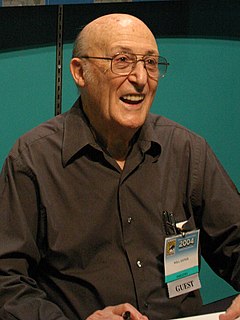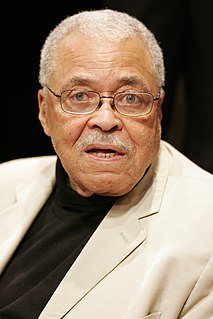A Quote by Italo Calvino
Memories images, once they are fixed in words, are erased.
Related Quotes
Words outlive people, institutions, civilizations. Words spur images, associations, memories, inspirations and synapse pulsations. Words send off physical resonations of thought into the nethersphere. Words hurt, soothe, inspire, demean, demand, incite, pacify, teach, romance, pervert, unite, divide. Words be powerful.
To suffer is one thing; another thing is living with the photographed images of suffering, which does not necessarily strengthen conscience and the ability to be compassionate. It can also corrupt them. Once one has seen such images, one has started down the road of seeing more - and more. Images transfix. Images anesthetize.
We comfort ourselves by reliving memories of protection. Something closed must retain our memories, while leaving them their original value as images. Memories of the outside world will never have the same tonality as those of home and, by recalling these memories, we add to our store of dreams; we are never real historians, but always near poets, and our emotion is perhaps nothing but an expression of a poetry that was lost.
We have good reason to believe that memories of early childhood do not persist in consciousness because of the absence or fragmentary character of language covering this period. Words serve as fixatives for mental images. . . . Even at the end of the second year of life when word tags exist for a number of objects in the child's life, these words are discrete and do not yet bind together the parts of an experience or organize them in a way that can produce a coherent memory.
Comics deal with two fundamental communicating devices: words and images. Admittedly this is an arbitrary separation. But, since in the modern world of communication they are treated as independent disciplines, it seems valid. Actually, the are derivatives of a single origin and in the skillful employment of words and images lies the expressive potential of the medium.
The one constant through all the years has been baseball. America has rolled by like an army of steamrollers. It's been erased like a blackboard, rebuilt, and erased again. But baseball has marked the time. This field, this game, is a part of our past. It reminds us of all that once was good, and what could be again.
































